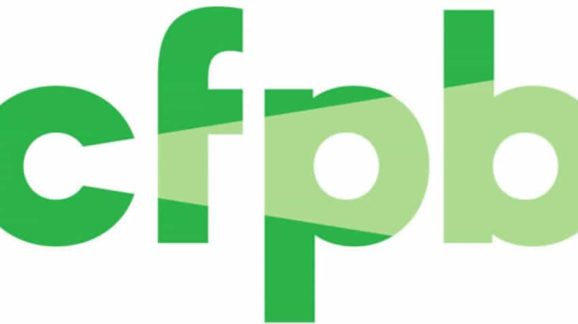Leaving the Ultimate Misnomer Behind
Congress has a dwindling number of days left to stop a Consumer Financial Protection Bureau (CFPB) regulation that will make payday loans difficult for consumers to get. Access to such short-term, small-dollar, high-interest loans may not matter to people who already have savings or credit cards on hand for emergencies, but it’s a big deal to working Americans on lower economic rungs who suddenly need a loan to cover rent, make a car repair, or pay a utility bill.
For those on the financial fringe, small dollar loans serve as a backstop to calamity. Around 35 million households lack steady access to traditional banks, either because they cannot afford the minimum deposits and fees, or because they’ve been regulated out of reach. That has caused a disconnect between the working poor and the upper echelons of society. The latter can simply charge a sudden expense, like an unexpected car repair, to their credit card or dip into savings. But millions of Americans don’t have that choice.
Take the example of Ariane, a 22-year-old single mother from Oakland, California, whose story is told in University of Pennsylvania Professor Lisa Servon’s book, “The Unbanking of America.” Ariane’s car broke down on the way home from work in 2013. Working a low wage job and without any access to credit, she lacked the money to fix it, but she desperately needed that car to get to work. Ariane faced a tough decision: Default on her rent to pay for the car and face eviction, or lose the ability to get to work and possibly lose her job.
Instead, Ariane took out a number of payday loans. They were expensive, and it was tough to repay them, but she fixed her car and kept her job, which meant she was able to keep her home as well. It’s hard to argue she would have been better off without that loan — or by resorting to unregulated, black market loan sharks.
Government regulators and many well-off Americans often deride small dollar loans as exploitative. But the truth is that they are not only more readily available in many states but often cheaper than other loan alternatives. A payday loan typically costs around $15 dollars for every $100 borrowed. Overdrawing a checking account, on the other hand, typically comes with a $35 charge. Even more expensive is defaulting on other obligations, such as rent and utility bills, and having to pay reconnection charges and late fees that can run into hundreds of dollars.
Millions of Americans rely on small dollar loans to cover these short term emergencies. That’s why they have enormous support among their users. More than 90 percent of borrowers’ value having the option to take out this type of loan, while the CFPB reports that only 1 percent of all consumer complaints are related to payday lending. It’s clear that those who want to ban payday loans are very likely not that same people who have needed to use them.
CFPB Acting Director Mick Mulvaney has announced his intent to reconsider the regulation sometime this year, which is helpful. But unfortunately that process could take years and end up only tweaking the rule. That’s why it’s up to Congress to stop the rule now. Under the Congressional Review Act, lawmakers can block regulations finalized in the last 60 legislative days with only a simple majority. Unfortunately, time is running out for the payday lending rule — the deadline to pass a resolution of disapproval expires soon, around the beginning of May.
Given the devastating impact the payday lending rule could have on millions of vulnerable Americans, Congress must act quickly. There is no denying that consumers have been unfairly hurt by the CFPB’s past actions. Congress has a chance to restore working Americans access to credit and protect them from the ultimate misnomer — the Consumer Financial Protection Bureau.
